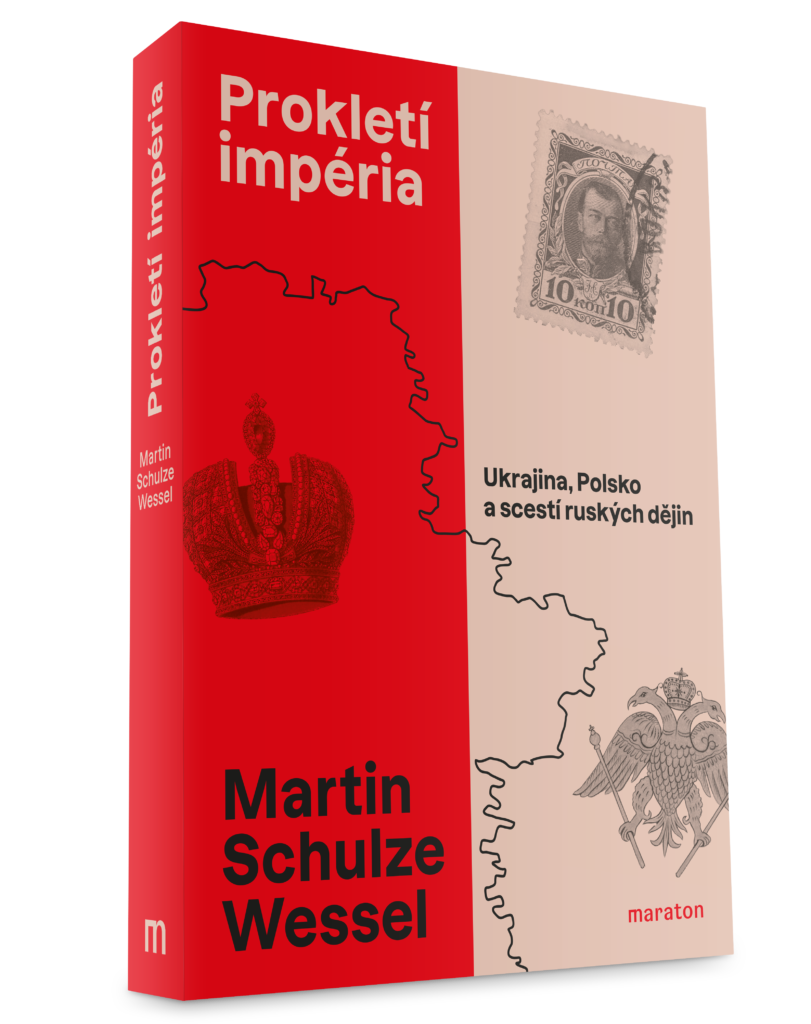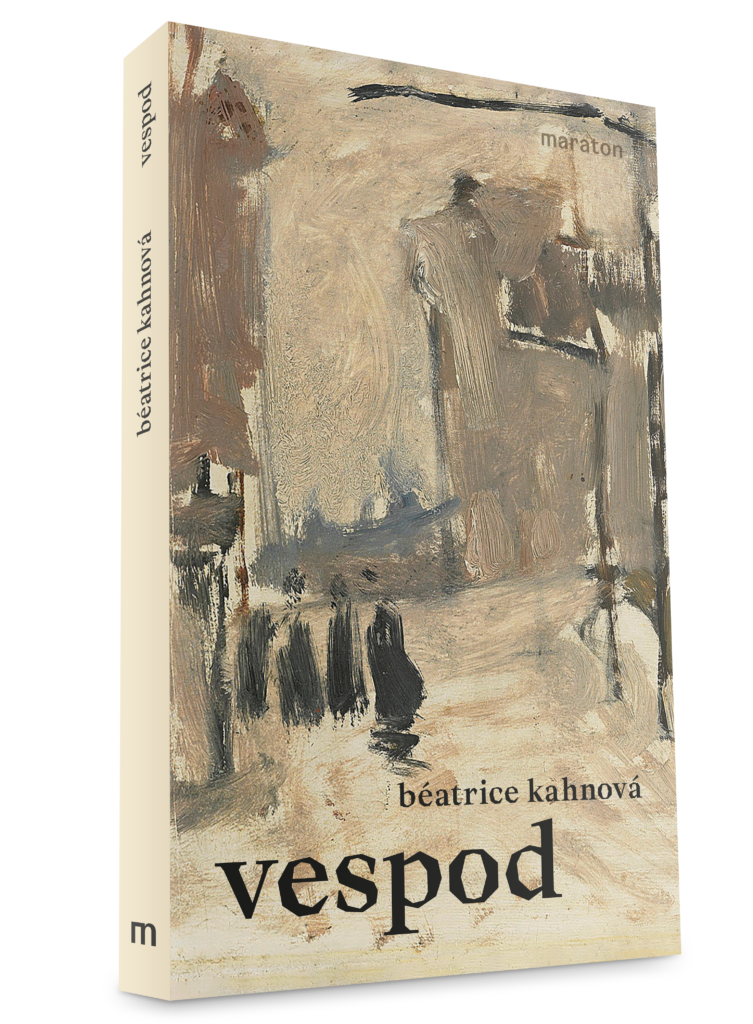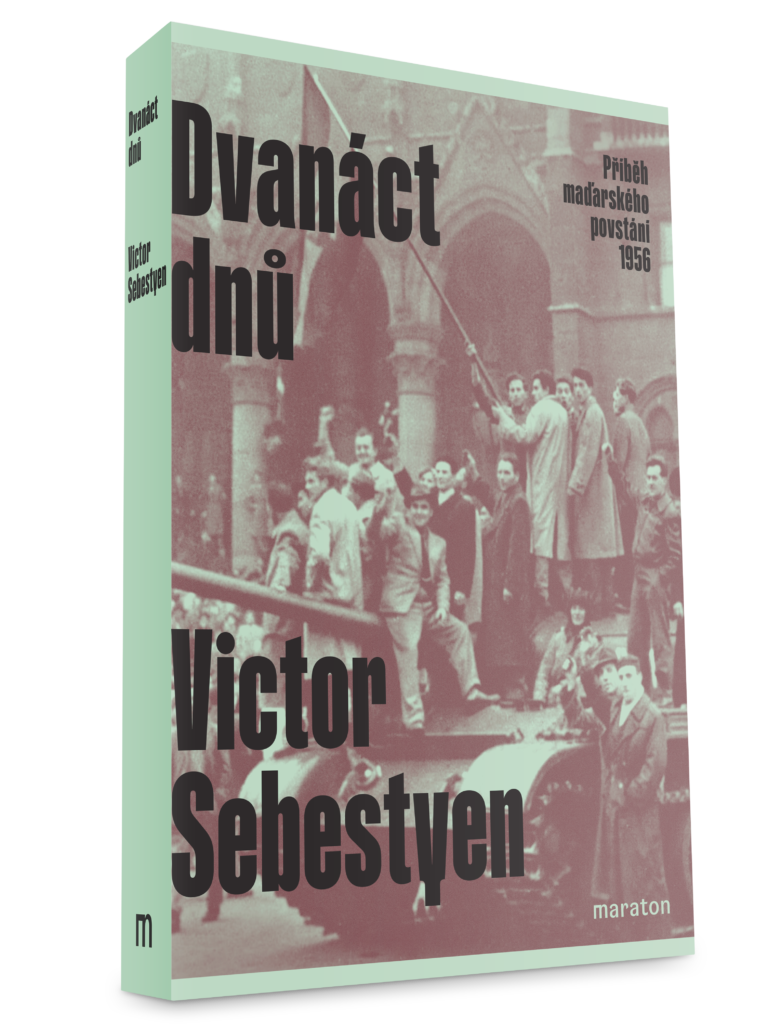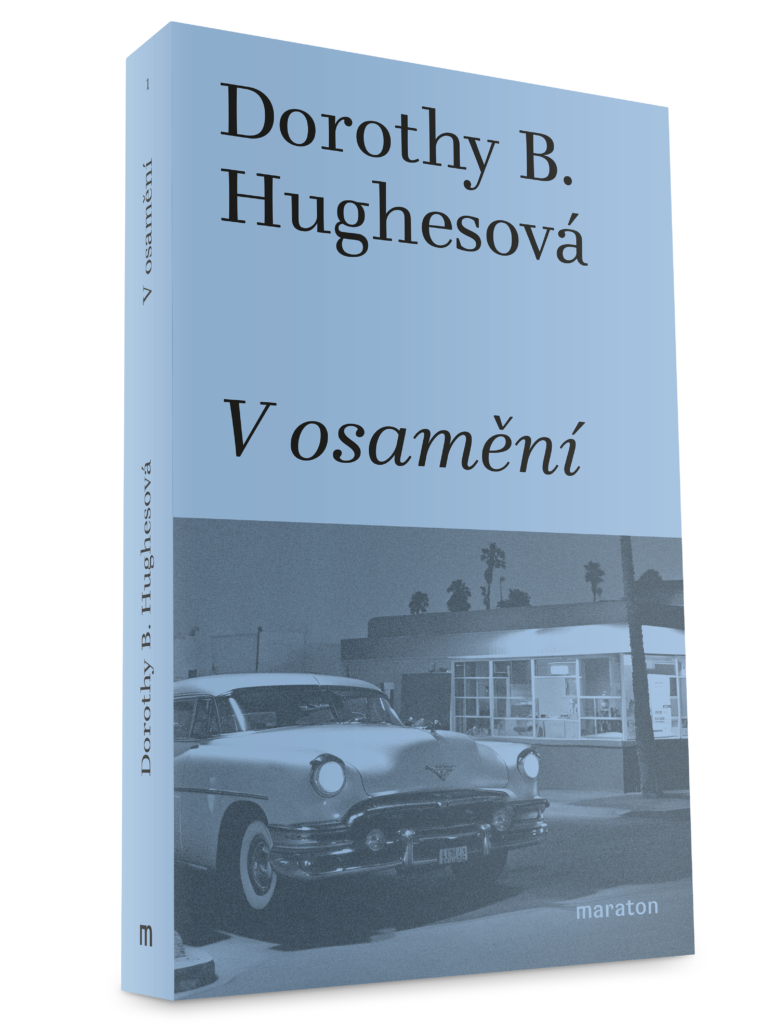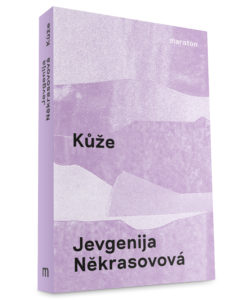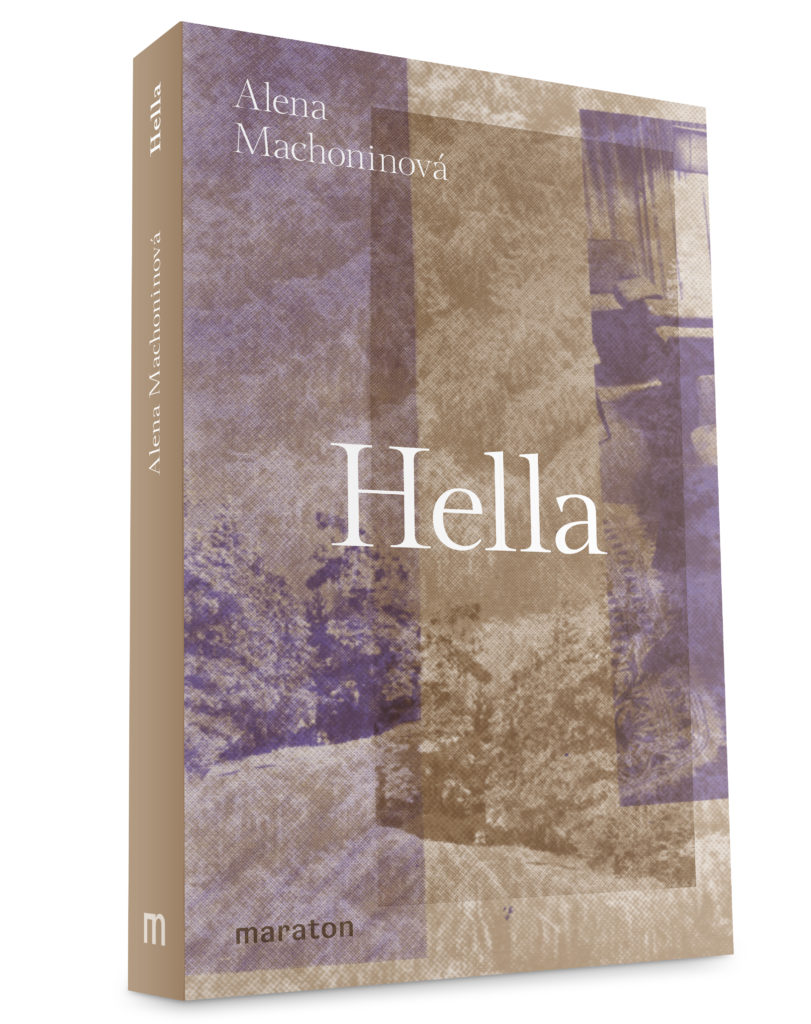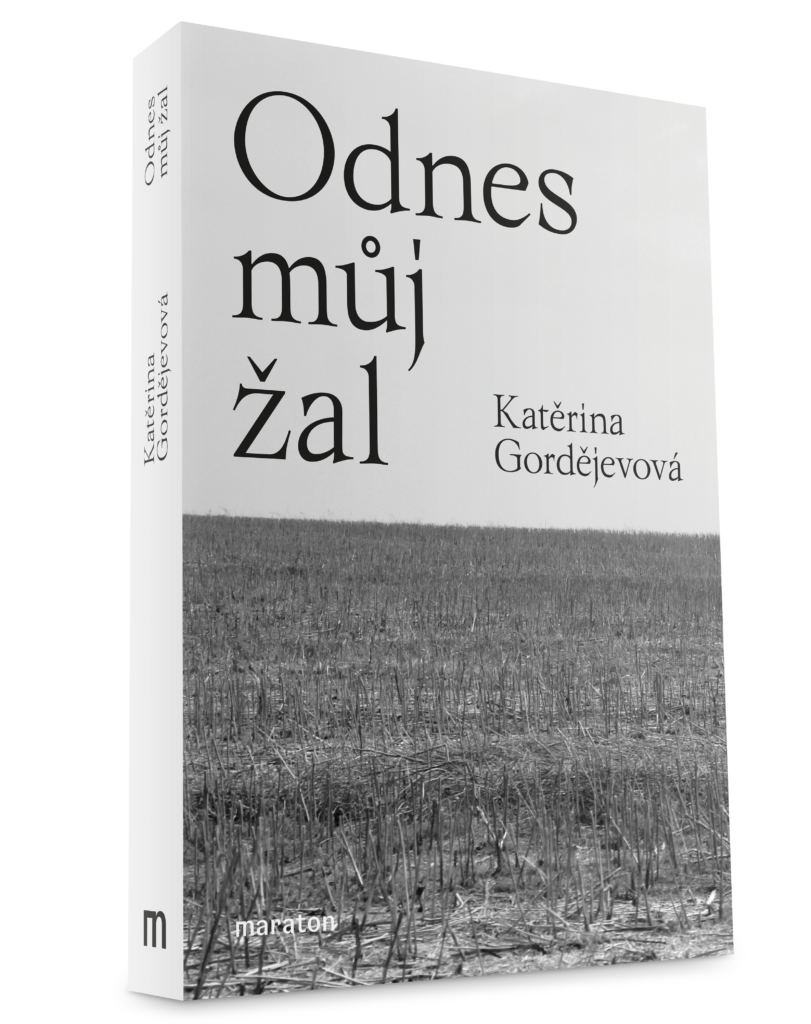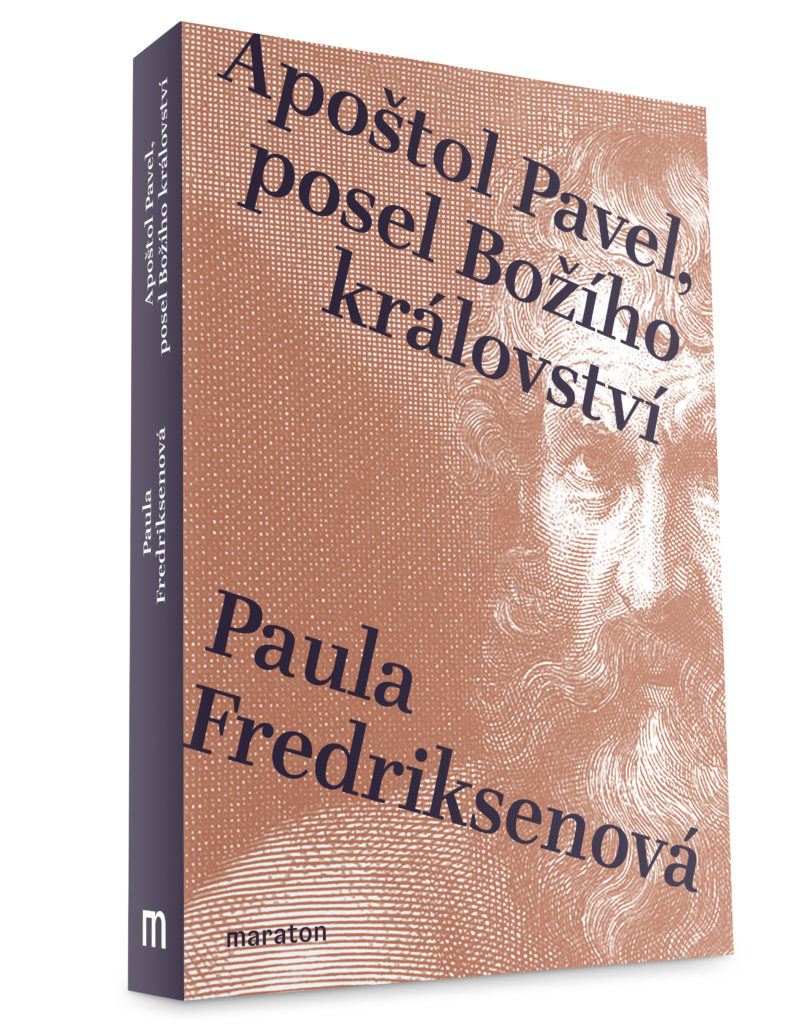Ukrajina, Polsko a scestí ruských dějin
The Curse of the Empire. Ukraine, Poland and the Straits of Russian History. This well-founded work by a leading German historian aims to illuminate from a historical perspective the current aggressive Russian war and anti-Western Russian attitudes with their historical roots. It traces the dynamics of Russian empire-building over the last three hundred years or so, i.e. since the time of Peter the Great. It is not, however, a study of local conflicts – the author places them in the broader European context and explains the interplay, cooperation or competition of the major powers, paying particular attention to the long-standing cooperation between Russia and Germany, the unfortunate consequences of which were evident until recently.

